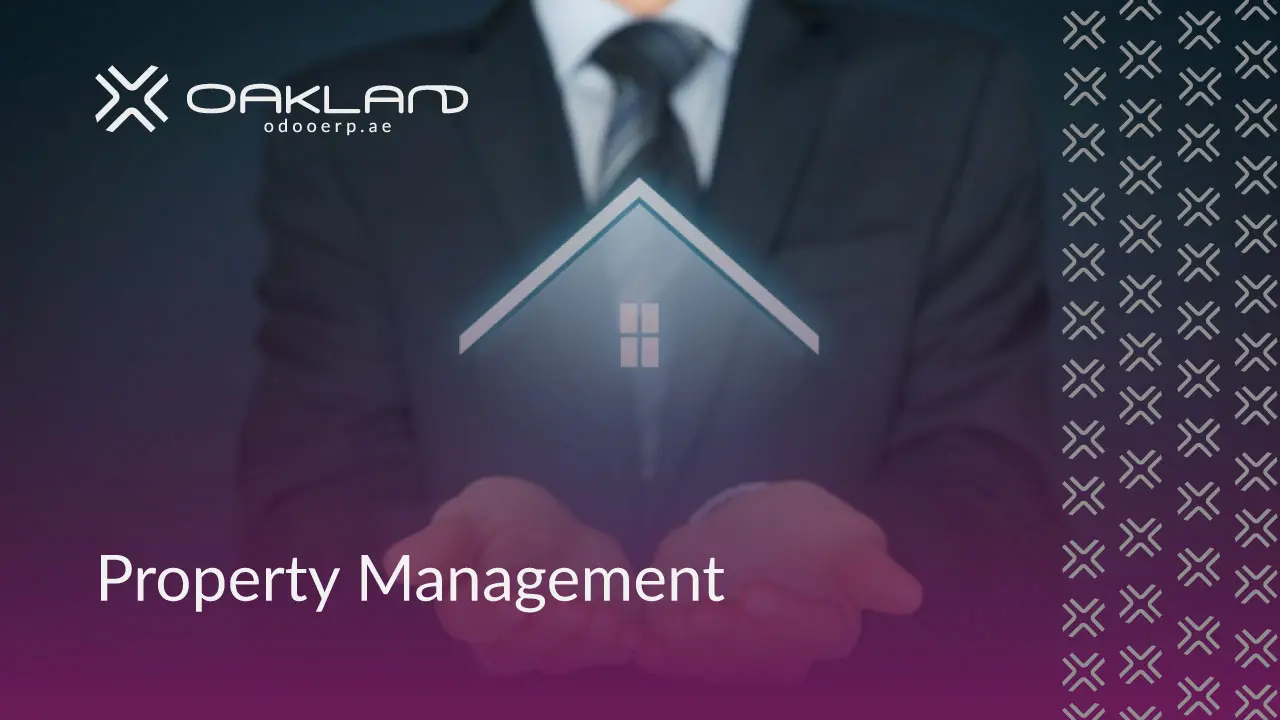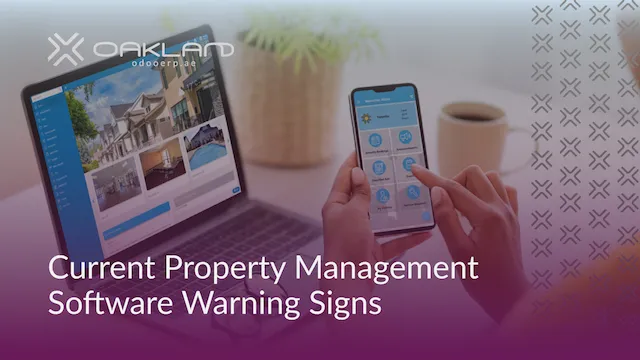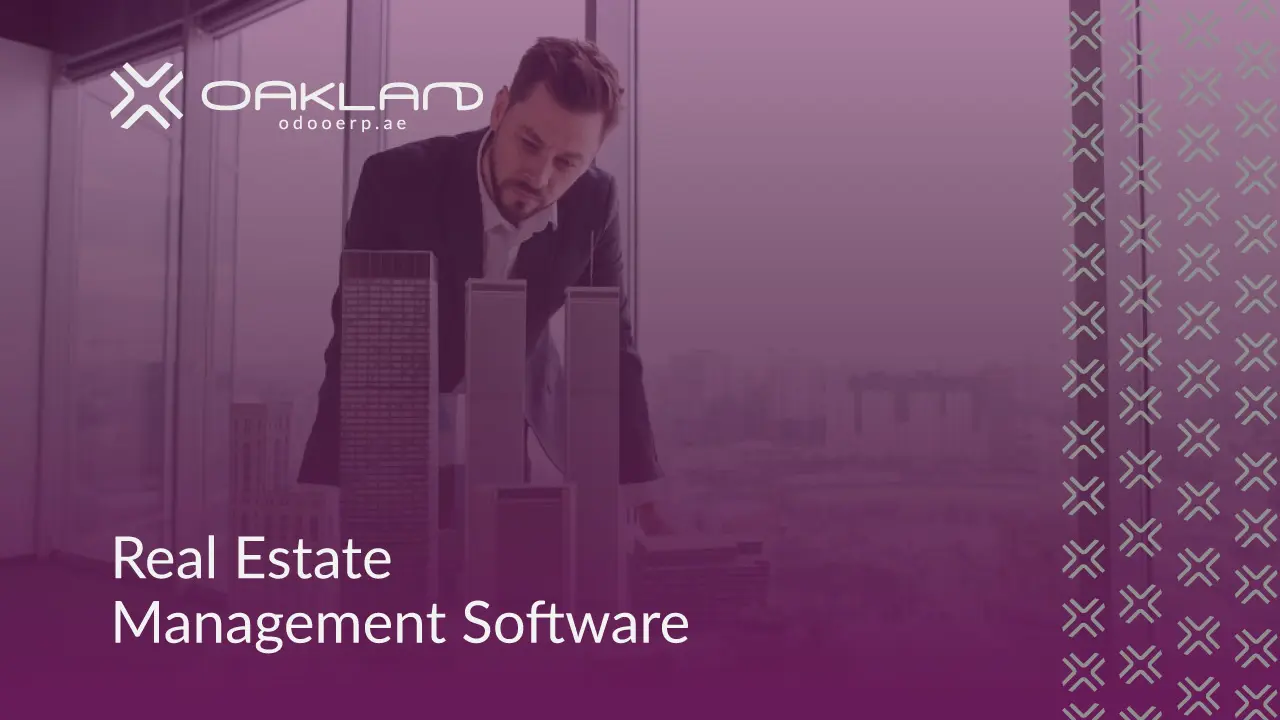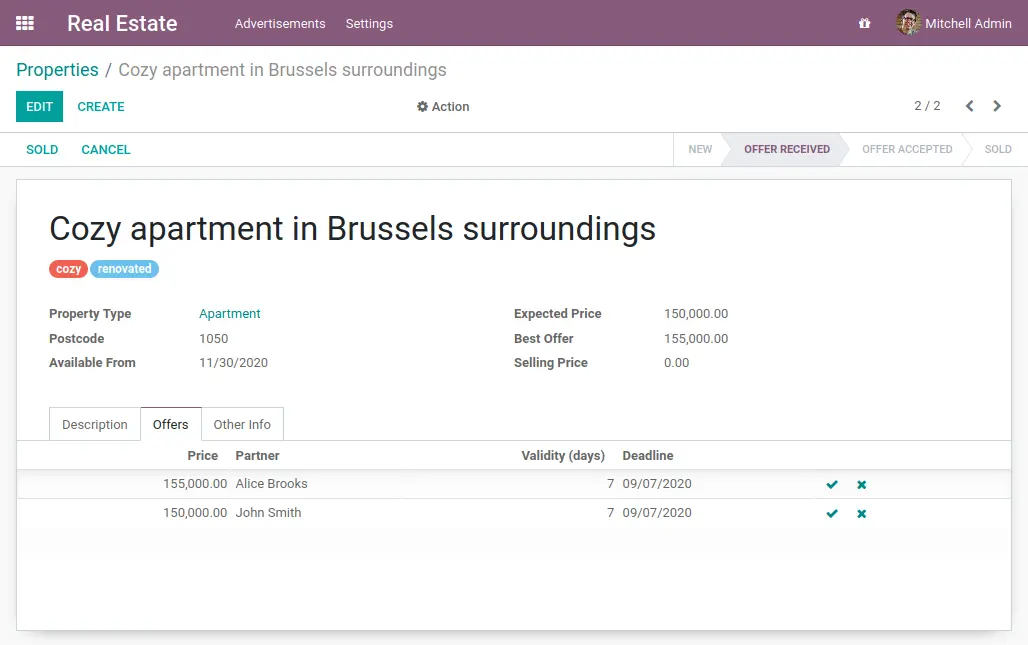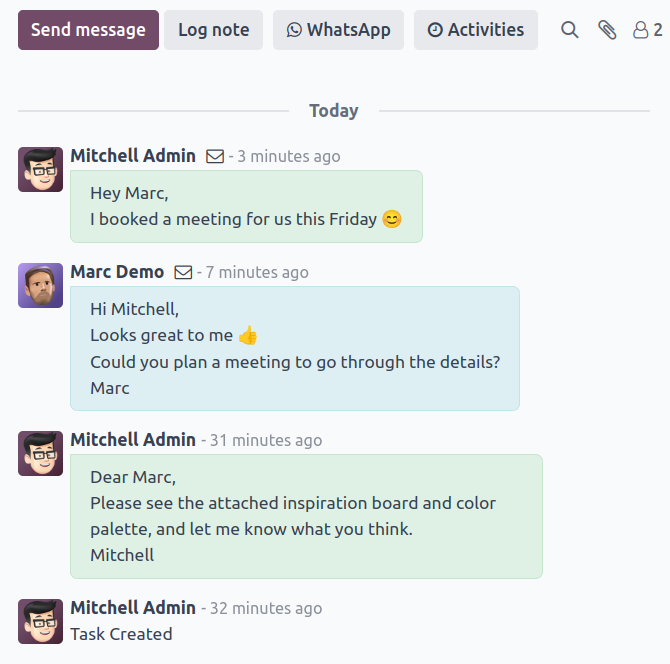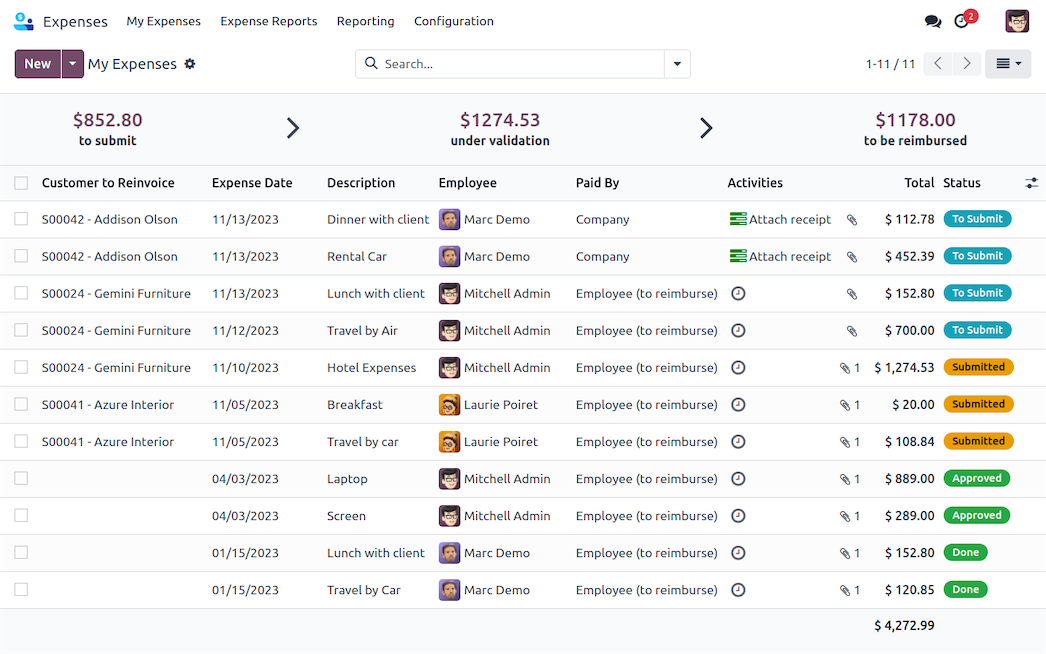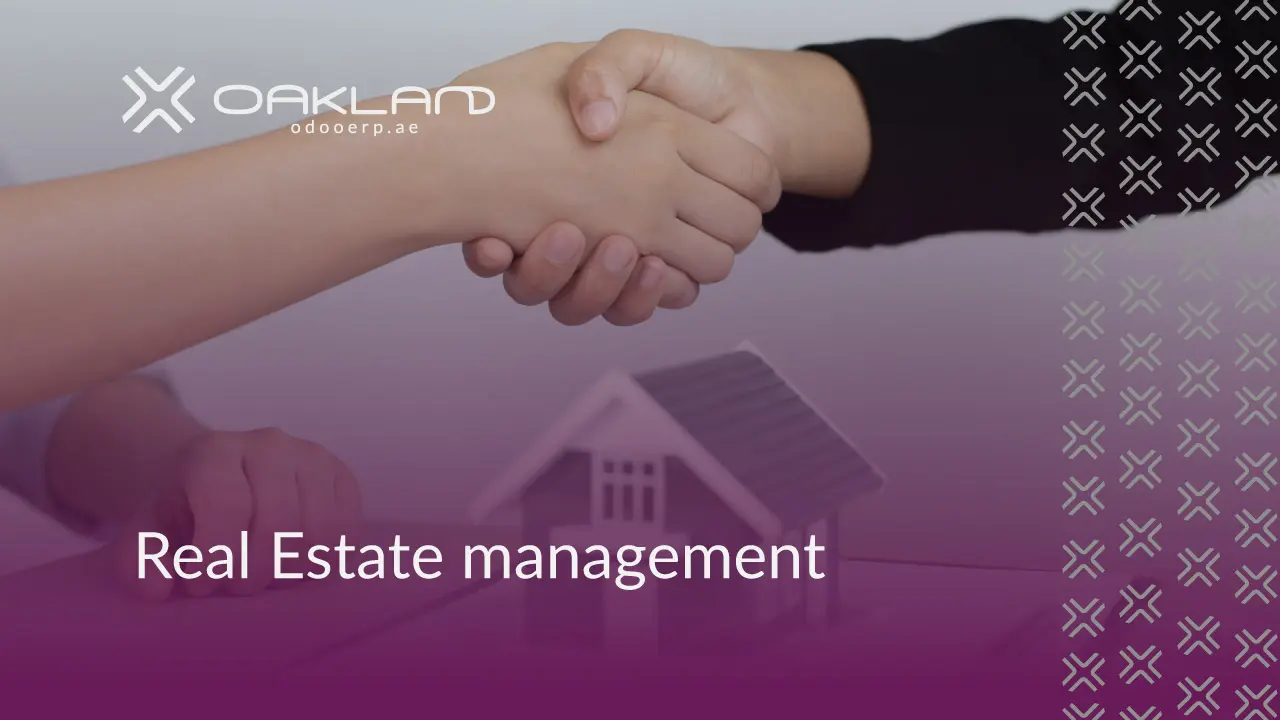Real estate companies can increase their productivity by up to 60% simply by using the right real estate business management software. Imagine how amazing it would be to boost the profit with the same amount of time and effort.
What is Real Estate Business Management Software?
Real Estate Business Management Software or Real Estate Management Software, is ERP software or a program that is used to streamline real estate businesses and speed up their operations. Different companies offer distinct software that varies in features and properties.
Some real estate business software is made for the purpose of project or property management; others can be used for accounting and marketing. How much the software can optimize your operations and what you get from it depends mainly on where you get the software, how experienced the team who made it, and some properties.
The use of software in the real estate industry dates back many years; it started with the use of Excel and Google Sheets, then evolved into separate software. Today, we have plenty of software that may seem alike but is in fact completely different.
Vital features to look for in Real Estate Management Solutions
There is no such thing as the ultimate software, but there is software that can be fit for your business. You can tell a software is better by the features it offers. Here are the most important features to look for as a real estate business owner.
Contract Management
This module helps with different contracts efficiently. For instance, you can use it to store documents in the system, edit them, add certain tags for classifications, and more. Some contract management software, like Odoo, allows users to create documents quickly using drag-and-drop features while also offering templates to use.
CRM Module
Sales teams cannot function properly without CRM software. The CRM keeps their work organized and efficient, as they can use it to know exactly what the needs of each client are, what stage they are at now, and more.
Since the CRM is where leads land, it should be optimized to nurturing leads and converting them into clients efficiently. This requires tools to communicate with their leads faster, and to track the journey for each lead.
The automation process, combined with the right tools, can convert even lost leads when the rime is right.
Real Estate Property Management
Property management is an essential and complicated part of the job. Any company that manages buildings needs to know exactly:
- The number of vacant apartments
- The number of rented ones
- The dates for maintenance
- When payments are due to
- The status of equipment
Property management modules can optimize the process, but you need to pay attention to the limits. Some software will put restrictions on how many apartments you can manage to make you pay extra as you grow.
Accounting and Financial Management
It is up to choose if you want to have a stand-alone accounting software for real estate or have it as a part of the system. Some real estate businesses prefer stand alone apps saying they are made solely for the purposes of accounting, thus they are better. Others argue that having it as a feature in the system is better as you can integrate it to the other modules.
There is no right and wrong here, and people just agreed to disagree. If you decided to join the team of integrated accounting software, here what you need to look for:
Automatic commissions
Real estate agents have a commission for each deal they make. Wouldn’t it be easier to just let the system automatically calculate it?
PDC management
You need a software that can handle PDC transactions securely and keep track of all the details.
Reports
Financial management is mainly about reports. Choose a software that is able to create fast and reliable reports.
On-premises or Cloud Real Estate Management Software for Developers
Cloud real estate programs are more popular nowadays, however the on-premises systems are still available. Which one to choose? It is an easier decision than you think.
Choosing between on-premises and cloud real estate project management software for developers and landlords depends on various factors but the main ones are security and cost.
On-Premises systems will cost more as a front payment, but saves you money on subscriptions. For cloud systems you need to pay yearly or monthly fee as a rent for the servers and hardware.
As per security, on premises are more secure, but puts a lot of restrictions on interactions. It is usually chosen by companies that have sensitive information and require extra protection. Keep in mind that cloud systems are secure, and hard to crack when you choose a reliable provider.
Why Choose Odoo for your Real Estate Business?
Many people come and says, there are plenty of ready-made software for real estate to use, why not just use one of them? Well, you can but let me tell you what are the differences.
Real estate software are made for the purpose to fit all or most real estate businesses. Designed to provide the most vital needs, they neglect the fact that every business can have unique needs.
Let us say that you need to know the profits per sales person, or maybe define the commission based on specific conditions. These requirements may not be available there. Odoo on the other hand is more flexible, and can offer extra features when needed. You only need to meet with our team, tell us what you need, and we will give you what you need.
Another factor is the price and cost. Most of these apps and platforms are priced in a way that make them appear cheap, while they in fact cost you more. How? Some of them have limits on how many apartments you can manage, or on how many sales you can have in the system to make you pay more for extra credit. Odoo on the other hand charges you per user, and one user can have unlimited transactions and operations.
Support and scalability can play a major role, Oaklands ensures you have a functional software at any time with an experienced team. We also offer scalability options thus if you need a new module in the future, require a new feature, or want to modify something in the software, you can do that easily.
If you’re looking for the best real estate software uae, prioritize tools that automate tedious tasks. Free up your team’s valuable time for what matters most – building relationships and closing deals. Seamless lead management, automated communication, and powerful marketing automation put your team on autopilot, maximizing efficiency and minimizing missed opportunities. Invest in software that empowers your team to focus on what drives results, ultimately boosting your bottom line.
Ask for your free consultation today, and learn how Odoo can boost your business.
